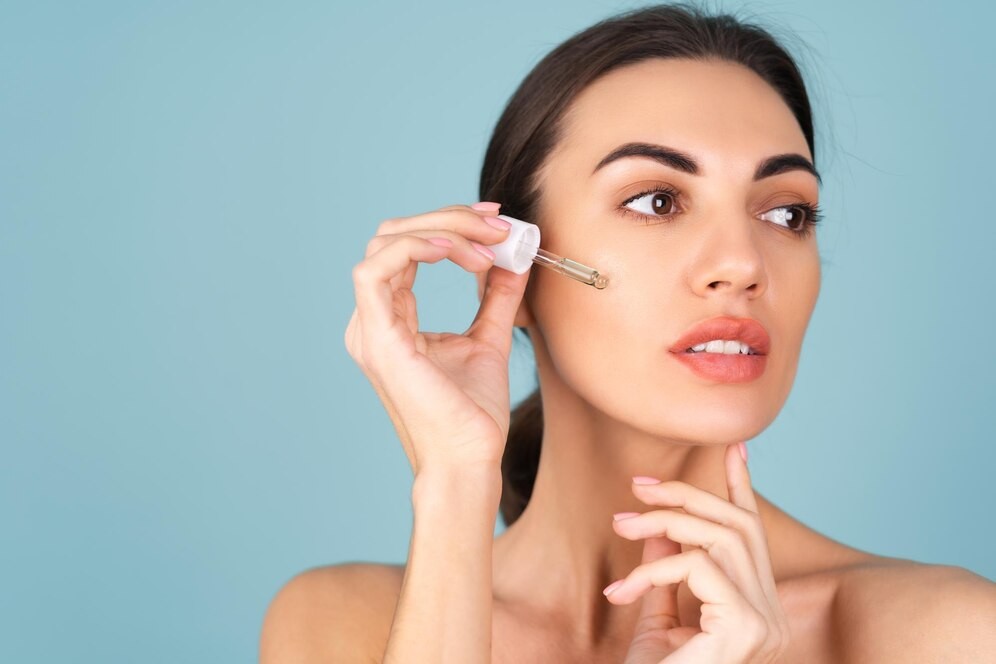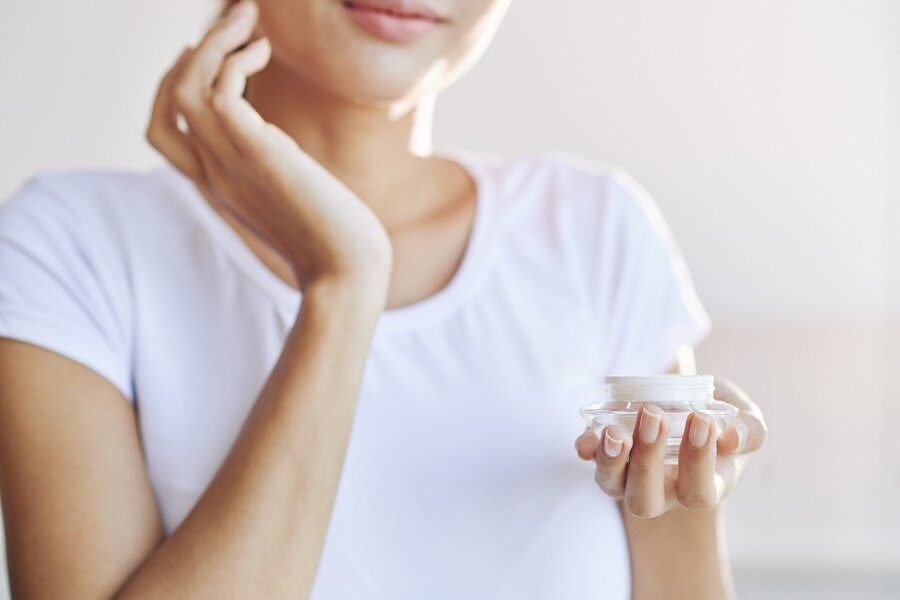Pepaya tidak hanya dikonsumsi sebagai buah potong atau produk makanan lainnya. Buah pepaya juga telah digunakan dalam industri kecantikan untuk meningkatkan kesehatan dan penampilan kulit. Salah satu produk pepaya yang dikenal banyak orang adalah sabun pepaya.
Banyak orang percaya bahwa sabun pepaya dapat membantu mencerahkan kulit dan mengurangi munculnya bintik-bintik atau bekas luka gelap. Ketahui lebih lanjut manfaat dan efek samping menggunakan sabun pepaya bagi kulit.
Manfaat Menggunakan Sabun Pepaya
Mengurangi kerutan di wajah
Pepaya mengandung antioksidan seperti likopen yang dapat membantu melawan tanda-tanda penuaan seperti garis kerutan di wajah. Likopen adalah pigmen alami yang memberikan warna merah pada beberapa buah dan sayuran, termasuk pepaya.
Antioksidan seperti likopen dapat membantu melawan stres oksidatif dan kerusakan akibat paparan sinar matahari, polusi, dan faktor-faktor lingkungan lainnya. Dengan melindungi kulit dari kerusakan, likopen dan antioksidan lainnya dapat membantu menjaga kelembapan, elastisitas, dan kecerahan kulit, serta mengurangi garis kerutan.
Membantu mempercepat penyembuhan luka
Sabun pepaya mengandung enzim papain yang bersifat anti-inflamasi serta membantu melawan infeksi serta mempercepat penyembuhan luka.
Papain juga memiliki sifat proteolitik yang artinya mampu memecah protein. Saat digunakan pada kulit, enzim ini dapat membantu menghilangkan jaringan mati dan mempercepat proses penyembuhan luka dengan merangsang pertumbuhan jaringan baru.
Baca Juga: Pahit Namun Berkhasiat: Ini Manfaat Daun Pepaya bagi Kesehatan
Membantu penyembuhan jerawat
Sifat anti-bakteri dan anti-jamur enzim papain dalam sabun pepaya dapat membantu melawan infeksi pada luka dan jerawat. Sabun pepaya yang mengandung papain dapat membantu mengurangi jumlah bakteri dan jamur pada kulit, serta membersihkan pori-pori yang tersumbat. Ini dapat membantu mencegah perkembangan infeksi pada luka dan jerawat.
Mencerahkan kulit
Kandungan enzim papain membantu mengelupas sel-sel kulit mati dan mengurangi hiperpigmentasi kulit. Dengan mengangkat lapisan sel kulit yang tua dan kusam, sabun pepaya dapat memberikan tampilan kulit yang lebih cerah dan bercahaya.
Pepaya juga mengandung vitamin C dan antioksidan yang dapat membantu meningkatkan produksi kolagen dan memperbaiki kerusakan kulit akibat paparan sinar matahari dan faktor lingkungan lainnya.
Baca Juga: 5 Langkah Preventif untuk Kulit Kering
Ketahui Efek Samping Menggunakan Sabun Pepaya
Penggunaan sabun pepaya pada kulit umumnya dianggap aman, tetapi beberapa individu mungkin mengalami efek samping tertentu, di antaranya:
- Iritasi kulit yang ditandai dengan kemerahan, gatal, ruam, atau sensasi terbakar pada kulit
- Penggunaan sabun pepaya yang terlalu sering atau berlebihan dapat menghilangkan kelembapan alami kulit dan menyebabkan kulit menjari kering dan kemerahan
- Beberapa sabun pepaya mengandung bahan yang dapat membuat kulit lebih sensitif terhadap paparan sinar matahari yang meningkatkan risiko terbakar matahari dan perubahan warna kulit
- Karena enzim papain dalam sabun pepaya memiliki sifat eksfoliasi maka menggunakan berlebihan dapat menyebabkan iritasi serta pengelupasan berlebihan
- Setiap individu dapat memiliki tingkat toleransi yang berbeda terhadap bahan-bahan dalam sabun pepaya. Beberapa orang mungkin mengalami ketidakcocokan atau reaksi alergi terhadap salah satu bahan yang digunakan dalam sabun pepaya.
Selalu baca label dan petunjuk pemakaian yang terlampir di kemasan sabun pepaya sebelum menggunakan. Bila memiliki masalah kulit yang menyebabkan kekhawatiran, sebaiknya berkonsultasi dengan dokter atau ahli dermatologi. Anda juga bisa memanfaatkan layanan konsultasi kesehatan dengan dokter melalui aplikasi Ai Care yang bisa diunduh di Play Store atau App Store.
Mau tahu tips dan trik kesehatan, pertolongan pertama, dan home remedies lainnya? Cek di sini, ya!
- dr. Monica Salim
Valencia Higuera (2019). What Is Papaya Soap and When Should I Use it?. Available from: https://www.healthline.com/health/papaya-soap
Scott Frothingham (2019). Benefits of Papaya for Your Skin and Hair. Available from: https://www.healthline.com/health/papaya-benefits-for-skin
Ivan M. Petyaev, et all (2019). Lycopene presence in facial skin corneocytes and sebum and its association with circulating lycopene isomer profile: Effects of age and dietary supplementation. Available from: https://www.ncbi.nlm.nih.gov/pmc/articles/PMC6475749
WebMD (2020). Papain - Uses, Side Effects, and More. Available from: https://www.webmd.com/vitamins/ai/ingredientmono-69/papain











